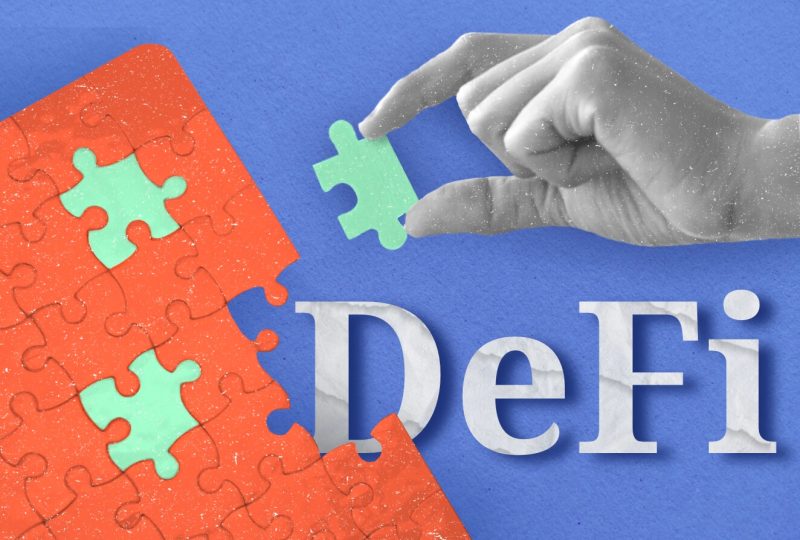Do Celebrities and Athletes Really Get Paid in Bitcoin?
Aug 18, 2025

Celebrities and athletes rarely get paid directly in Bitcoin. Most of the time, their payments come as regular money that they choose to convert immediately into crypto. For example, Odell Beckham Jr. partnered with Cash App to have his 2021 salary paid – and then turned – into Bitcoin. That’s a conversion, not native crypto payroll.
And this matters. U.S. labor laws expect wages in dollars or equivalents – not in volatile crypto – especially for minimum wage and overtime.
This distinction helps set realistic expectations, and cuts through the hype around “getting paid in Bitcoin.”
How Celebrities and Athletes Actually Get Paid in Bitcoin
Most celebrities and athletes don’t receive pay directly in Bitcoin. Instead, their paycheck – usually in dollars – is converted into crypto using services like Cash App, Strike, or Coinbase. Changelly lets you instantly buy Bitcoin, offering another option for those who want quick access to crypto without waiting for payroll conversions. In 2020, NFL lineman Russell Okung had half of his $13 million salary converted into about 240 BTC, using Strike to handle the process.
But the conversion can pay off big. By late 2024, those 240 BTC were worth about $21 million – over three times the original value.
Or consider Odell Beckham Jr. He partnered with Cash App to immediately convert his entire $4.25 million Rams contract into Bitcoin.
And it’s not just football. Other athletes – from NBA stars like Klay Thompson and Andre Iguodala to NFL top picks like Trevor Lawrence – have used apps to convert endorsements or salaries into crypto.
That method lets public figures invest in crypto without needing to be paid in it directly.
Bitcoin Salary Laws: US, UK, and Global Rules Explained
Celebrities and athletes usually aren’t paid directly in Bitcoin because legal rules demand base wages be in cash or something equivalent. In the US, the Fair Labor Standards Act says minimum wage and overtime must be paid in “cash or negotiable instrument payable at par.” Crypto doesn’t qualify – so paying in Bitcoin could break federal or state law.
And states like California, Illinois, and New York can outright prohibit such payments or restrict how compensation is delivered. Employers avoid risk by paying in dollars and letting employees convert to crypto later.
Or look to the UK: HMRC sees crypto given as salary, like Bitcoin, as “money’s worth.” Employers must run PAYE and National Insurance based on the crypto’s value when paid. If value fluctuates later, capital gains tax may still apply.
That means while bonus structures or conversions post-pay can work, direct crypto salary carries legal and tax complexity in both countries.
Bitcoin Pay and Taxes: What Celebrities and Athletes Must Know
Tax rules require that any Bitcoin or crypto received – whether via salary conversion, bonus, or endorsement – must be reported in USD as ordinary income at its market value when received. That includes wages, even if paid in crypto. Employers must file W‑2s with that value, and self‑employed individuals should report their income on Schedule C or Schedule 1.
Capital gains tax applies when crypto is sold or spent. Gains must be calculated by comparing your cost basis – the original USD value – to the amount received at the time of sale. You then report this on Form 8949 and Schedule D.
And record‑keeping is critical. You should track dates, amounts in crypto, their USD equivalent at receipt or disposition, and the transaction purpose. Missing or sloppy records can lead to errors and penalties.
That ensures compliance, accurate tax filing, and avoids unwanted audits – especially as IRS oversight tightens on crypto reporting.
Bitcoin Volatility and Paychecks: Risks, Rewards, and Timing Strategies
Bitcoin often swings big. Movements of 5–10% in a single day aren’t rare. That makes timing key – especially if you’re getting paid or paying out.
But volatility isn’t just a downside. It can also mean rapid gains – though it cuts both ways. Bitcoin has seen drops up to 80% but also bounce‑backs that took years.
Or you can soften the blow. Many use strategies like dollar‑cost averaging – spreading purchases over time – or holding for the long term. That reduces the shock of wild swings.
And businesses or public figures paying out in Bitcoin can avoid exposure by using instant conversion tools. These convert crypto into stable assets or fiat immediately. It keeps value steady.
Mix short-term awareness with long-range planning. That’s how you ride Bitcoin’s volatility responsibly and protect earnings while still enjoying its upside.
Real-Life Bitcoin Salary Stories from Celebrities and Athletes
Russell Okung turned heads in 2020 by requesting half of his $13 million Panthers salary be converted to Bitcoin. He received roughly 240 BTC, which by late 2024 had surged to about $20 million – more than triple the original dollar value.
And Odell Beckham Jr. opted to take his 2021 Rams base salary of $750,000 in Bitcoin, via Cash App. He converted it when BTC hovered near $64,158. After the crypto winter, the crypto later bounced back. By mid-2025, its value had climbed to approximately $1.35 million – an 80% gain.
Or consider broader adoption. High-profile names like Tom Brady, Saquon Barkley, Trevor Lawrence, Klay Thompson, Andre Iguodala, and Shohei Ohtani also inked deals converting portions of their pay into crypto or related assets.
Those examples show two things. First, post-pay conversion tools make Bitcoin accessible without restructuring payroll. And second, market timing matters. While both athletes benefited, results depend on crypto’s volatile swings – and proven patience. Want to explore more pay models next?
How to Get Paid in Bitcoin Safely: Athlete and Celebrity Playbook
Having pay structures that mix fiat and crypto helps manage risk and simplify logistics. Many celebrities and athletes opt to receive their salary in dollars and then convert a portion into Bitcoin using tools like Strike, Cash App, or MoonPay. These services link payroll to crypto conversions while keeping compliance smooth.
And bonus structures offer flexibility. Instead of risking base salaries, athletes can receive performance incentives or endorsement fees directly converted into Bitcoin. That creates optional exposure to crypto upside while keeping core pay in stable funds.
Or using crypto payroll platforms helps. These specialized services streamline conversion and tax tracking. They can split payments – part fiat, part crypto – handling withholding and reporting automatically.
Mixing pay this way reduces legal complications, shields base income from volatility, and keeps everything neat. It lets high-profile earners participate in the crypto space – without rebuilding entire payroll systems.
Final Take: Is Getting Paid in Bitcoin Worth It for Celebrities and Athletes?
Celebrities and athletes can earn in Bitcoin, but most do it through conversion rather than direct payroll. That approach keeps them within legal rules, simplifies taxes, and allows more control over when and how much they hold in crypto. The biggest wins – and losses – come from Bitcoin’s price swings, so timing and risk management matter as much as the decision to get paid in crypto at all.
And the appeal goes beyond money. Public Bitcoin payments create headlines, boost personal brands, and connect stars with tech-savvy fans. But the smart move blends the hype with a plan: keep base pay stable, choose conversion tools wisely, and track every transaction. That way, crypto pay stays exciting and sustainable.




